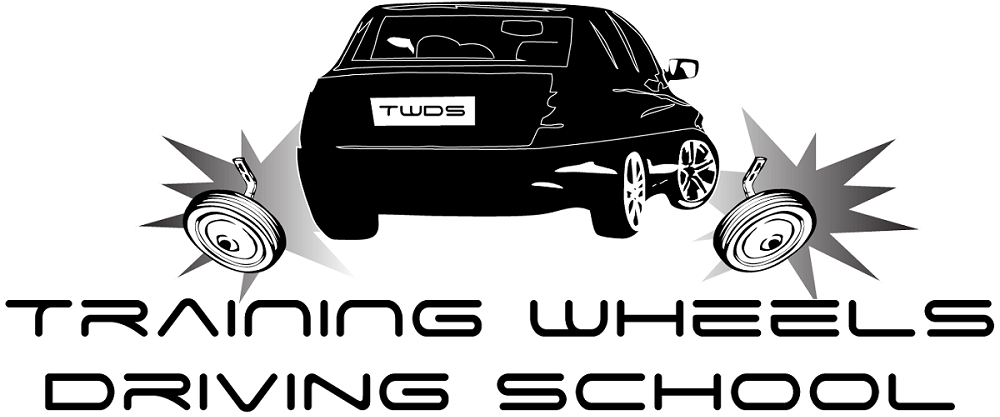Why Learning Defensive Driving Can Be Beneficial
Defensive driving is designed to save time, money, and lives. This training extends beyond mastering basic driving mechanics and the rules of the road. It teaches drivers to anticipate dangerous situations despite the actions of others and any adverse conditions. A course that focuses on defensive driving teaches students several rules and driving techniques that they can use on different types of roadways.
Who Benefits from a Defensive Driving Course?
The National Safety Council established the Driver Improvement Program in 1964. This driver safety program included a Defensive Driving Course and Instructor Development Courses, which began in 1964 and 1965, respectively. Non-profit organizations, government agencies, and private schools continued this initiative, developing specialty courses designed to improve driving skills.
New drivers and experienced drivers who want to improve their driving skills are the typical students in these courses. Many states offer auto insurance premium discounts, dismissal of traffic tickets, or reduction of points on the driving record to encourage drivers to complete one of these courses. Course styles and the methods taught vary by provider but reducing the risk of collision is the common goal.
National Teen Driver Safety Week, which is the third week of October, shines extra light on defensive vehicle operation. Drivers ages 16 to 19 are involved in four times more fatal crashes than are drivers ages 25 to 79. More than 5,000 teenagers die in motor vehicle accidents each year, with these crashes being a primary cause of death for this age group.
Benefits of a Course in Defensive Driving
All drivers, regardless of driving ability or age, can benefit from one of these courses. In addition to possible insurance premium decrease, reduction of points, or removal of traffic tickets on the driving record, successful completion of this course can make a person a better driver. The course reviews the dynamics of a crash, how to prevent it, and the importance of safety equipment. It also covers state traffic laws and the dangers of driving under the influence or while emotional or tired.
Several different types of courses may be available within a particular state. Drivers who enroll to reduce driving violation points or tickets should ensure that the school is approved by the state. The local DMV can provide a list of approved schools. If auto insurance premium reduction is the goal, drivers should ask their insurance providers for the names of schools that meet its criteria.
*Photo Courtesy of WoodleyWonderWorks via Creative Commons License

